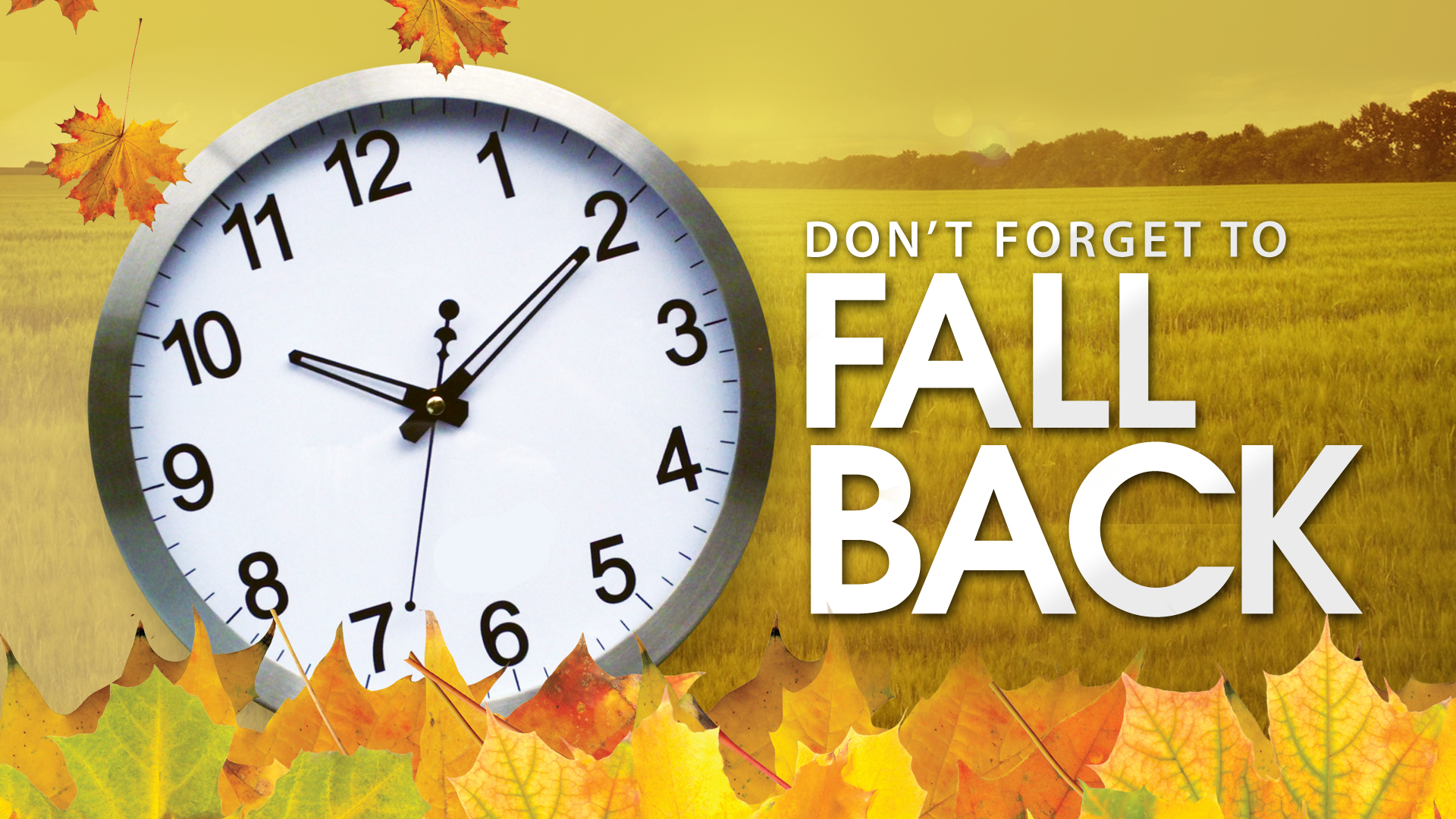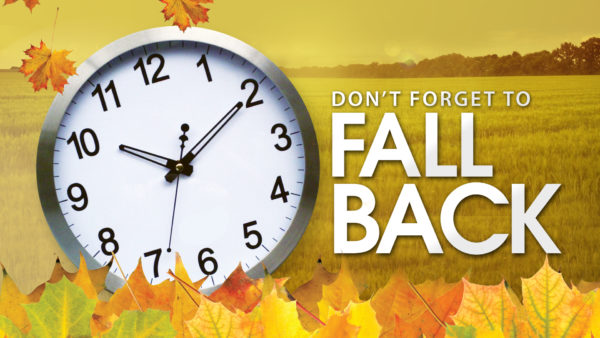
03 Nov Your Sleep & Daylight Savings Time
Daylight savings ends Sunday morning. That means at 1 a.m. it will be midnight. It might also mean your sleep schedule is disrupted. And that means trouble. Writing for the New York Times’ Smarter Living, Tim Herrara talks about “Feeling Groggy? Here’s How to Stop Robbing Yourself of Good Sleep.”

Daylight saving time comes to an end for most of us this weekend, bringing that twice-yearly ritual of feeling completely out of sorts the next Monday as we adjust our sleeping schedules.
The importance of good sleep hygiene truly can’t be overstated, so this is as good a time as any to re-evaluate how we sleep. To wit, here are a few things that can result from bad sleeping habits:
• Weight gain
• Increased rates of workplace accidents
• Driving abilities on par with those of drunken drivers
• Problems staying focused
• Higher likelihoods of catching a cold
So before you doze off for another 10 minutes before getting ready for work — I assume you’re reading this in bed as you put off jumping in the shower — here are few things that can help you wake up more refreshed and better prepared to tackle your day. (For a deeper dive, read the NYT guide to getting a better night’s sleep.)
Listen to Your Body
This is the simplest, but most important, question to ask yourself: Are you tired?
Generally, most adults need seven to nine hours of sleep per night. Yes, life often makes that impossible, but it’s a target we all should shoot for, so go to bed when you’re sleepy (and, if you can, wake up at the same time every morning).
But if you’re getting enough hours in and you’re still sleepy throughout the day, it’s possible the sleep you’re getting isn’t as restful as it could be.
Track Your Sleep
The second most useful app I have on my phone (after my food tracker) is Sleep Cycle. I turn it on when I’m about to fall asleep, and it tracks the duration and quality of my rest. Modern technology — what a world!
Of all the aspects of the quantified self I engage in, analyzing my sleep patterns is by far my favorite. In the same way a food tracker forces you to look at what you put into your body, tracking your sleep makes you realize you’re probably not getting nearly as much sleep as you should.
Of course, you can always go low-tech and keep a sleep diary — and to help you out, here is the handy NYT sleep diary you can print for all your tracking needs.
Figure Out if You’re a Morning Person
While we’re listening to our bodies, let’s be honest: Do mornings just not work for you? It’s fine if they don’t! But knowing is half the battle, and by not listening to your natural rhythms you might be trying to create certain sleep habits that simply aren’t a fit for your life.
Here’s the NYT quiz to find out whether you’re a morning person or a creature of the night.
If You’re Tired During the Day, Take a Nap
My personal favorite bit of sleep advice: If you’re tired, take a nap. Research has shown that midday naps can help improve your productivity at work and, assuming you don’t take them too late in the afternoon, they generally don’t negatively affect your sleep schedule. (And perhaps you’ve picked up on our theme here: Listen to your body!)


Sorry, the comment form is closed at this time.